There, I said it. I said the “R” word. And no, I’m not talking the political “R” word. I’m talking about the potential of a… r-e-c-e-s-s-i-o-n. There are many indicators pointing to the potential of a worldwide recession, and unfortunately during a recession, many organizations hunker down, cut spending, and try to ride it out – all the wrong things to do if you want to actually avoid a recession.
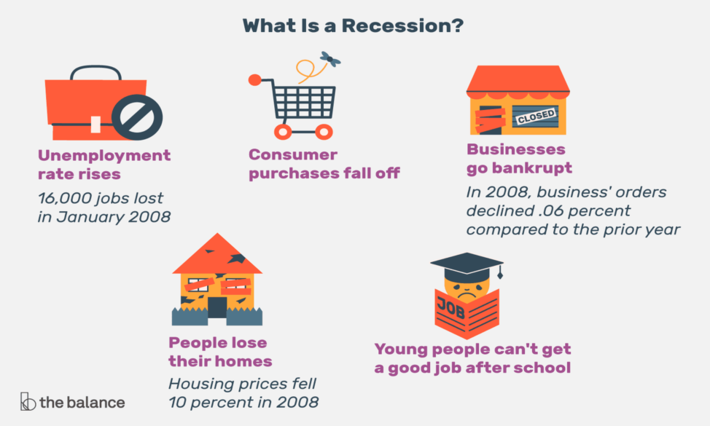
Figure 1: “What Is a Recession? Examples, Impact, Benefits”
However, leading organizations see a recession as an opportunity to capture new customers and expand their value-creation ecosystem that grows market share and to sweep up the best talent and training that focuses on deriving and driving new sources of customer, product and operational value.
Yes, a recession separates the “sheep” organizations – where management is just worried about surviving the “musical chairs” of desperation – from the “wolf” organizations where management aggressively seeks opportunities to embrace innovation to create new sources of customer and market differentiation.
Let’s explore how your organization can become the wolf.
A Recession Forces a Focus of Urgency
A recession forces a focus on creating a sense of urgency. A recession would create a focus on delivering measurable and material business value in the next 9 to 12 months. It would short-circuit those AI and Machine Learning “science experiments” and give these initiatives a kick in the ass to start delivering measurable and meaningful business value today!
The Big Data Business Model Maturity Index provides a roadmap for those organizations who are serious about leveraging data and analytics to power their business models…wannabes need not apply (see Figure 2).
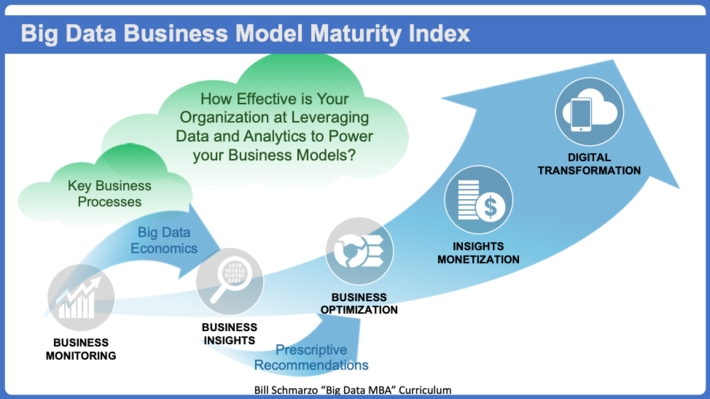
Figure 2: Big Data Business Model Maturity Index
This is no need for organizations to commit to Big Bang technology investments and hope that something of value squirts out at the end.
A Recession Forces a Focus on Collaboration
A recession forces a focus on embracing an IT-Business collaborative engagement methodology that is focused on identifying, validating, valuing and prioritize the organizations key business and operation use cases. A key to creating an effective and efficient data science community is to teach your Business Stakeholders to “Think like a data scientist,” which enables Business Stakeholders to understand how best to collaborate with a data scientist and a data engineer to uncover the customer, product, service and operational insights that will drive business success (see Figure 3).
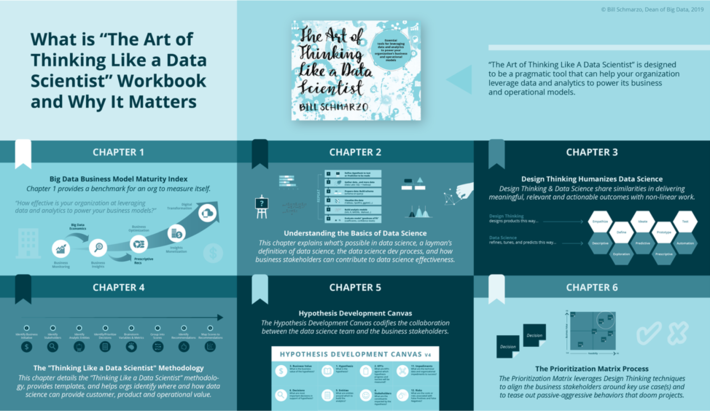
Figure 3: “The Art of Thinking Like a Data Scientist”
Data science is a team sport comprised of Data Engineers, Data Scientists and Business Stakeholders. And like a baseball team who can’t win with only shortstops and catchers, one’s data science initiative MUST clearly articulate the team’s roles, responsibilities and expectations. If the goal of your organization is to become more effective at leveraging data and analytics to power your business models, you can’t win that game with a team full of pitchers.
A Recession Forces a Focus on Value Creation
A recession forces a focus on a value engineering frame that delivers on the promise of the “4 M’s of Big Data” …” Make Me More Money!” To drive the focus on value, we use the Data Science Value Engineering Framework (see Figure 4).
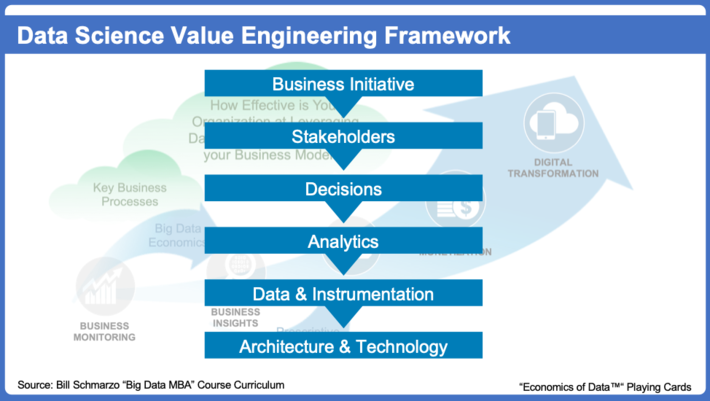
Figure 4: Data Science Value Engineering Framework
The Data Science Value Engineering Framework starts with the identification of a key business initiative that not only determines the sources of value, but also provides the framework for a laser-focus on delivering business value and relevance in the immediate-term.
The heart of the Data Science Value Engineering Framework is the collaboration with the different stakeholders to identify, validate, value and prioritize the key decisions (use cases) that they need to make in support of the targeted business initiative.
A Recession Forces a Focus on Sharing and Re-using
A recession forces a focus on sharing, re-using and refining your data and analytic assets – assets that never deplete, never wear out and can be used across an infinite number of use cases at near zero marginal cost – in order to increase time-to-value and de-risk analytics-driven business initiatives (see Figure 5).
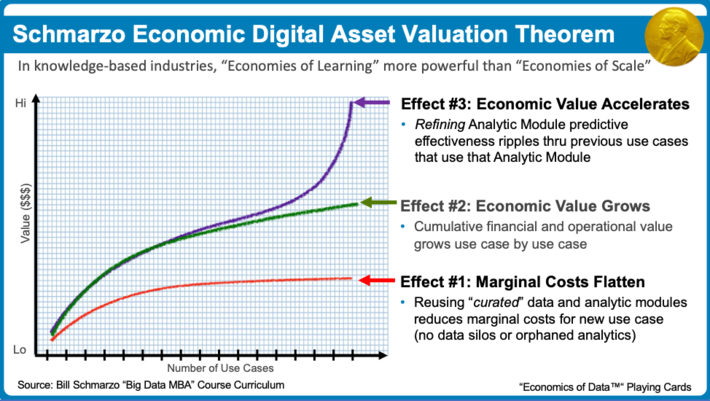
Figure 5: Economic Digital Asset Valuation Theorem
The Economic Digital Asset Valuation Theorem exploits the “Economics of Learning” that rewards those organizations who take an incremental approach to building out their data and analytics capabilities that yield business value by 1) accelerating time to value (by monetizing incremental learning) while 2) de-risking business investment risks.
In the digital era, the “economies of learning” is more important than “economies of scale”
Summary: The Liberating Power of “Owning It”!
Organizations, like people, can choose their own destiny but only if they are willing to “own” their current situation. If you are a victim of the consequences of others (the sheep), then you have abdicated control to others. But if you “own” the situation (the wolf), then you put yourself in control.
Embrace the organizational and personal liberating power of “owning it” and put yourself and your organization in control of your own destiny.
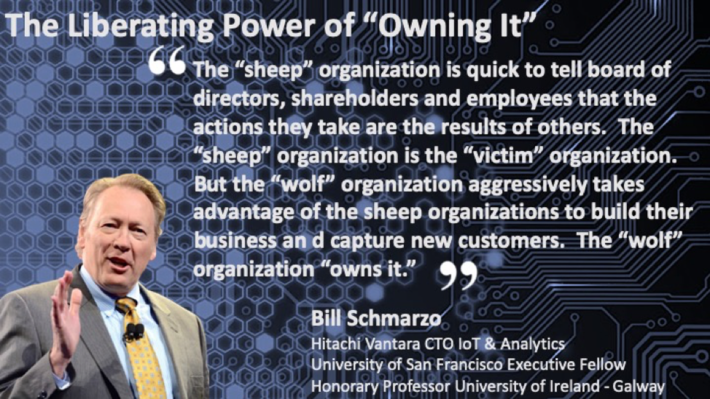
Figure 6: The Liberating Power of Owning it
Blog points:
- During a recession, the sheep huddle together trying to hang on for survival. But the wolf sees an opportunity to attack aggressively by creating new sources of customer, product and operational; the wolf owns the situation. Which are you?
- A recession forces a focus…on creating a sense of urgency; to deliver material business value in the next 9 to 12 months. It would short-circuit those AI and Machine Learning “science experiments” and give these initiatives a kick in the ass to start delivering measurable and meaningful business value today!
- A recession forces a focus… on embracing a business-IT collaborative engagement methodology that is focused on identifying, validating, valuing and prioritize the organizations key business and operation use cases.
- A recession forces a focus… on value creation by aggressively adopting a value engineering frame that delivers on the promise of the “4 M’s of Big Data.”
- A recession forces a focus… on sharing, re-using and refining their data and analytic assets – those assets that never deplete, never wear out and can be used across an infinite number of use cases at near zero marginal cost – in order to increase time-to-value and de-risk analytics-driven business initiatives.
- Organizations, like people, can choose their own destiny but only if they are willing to “own” their current situation. If you are a victim of the consequences of others (the sheep), then you have abdicated control to others. But if you “own” the situation (the wolf), then you put yourself in control.
